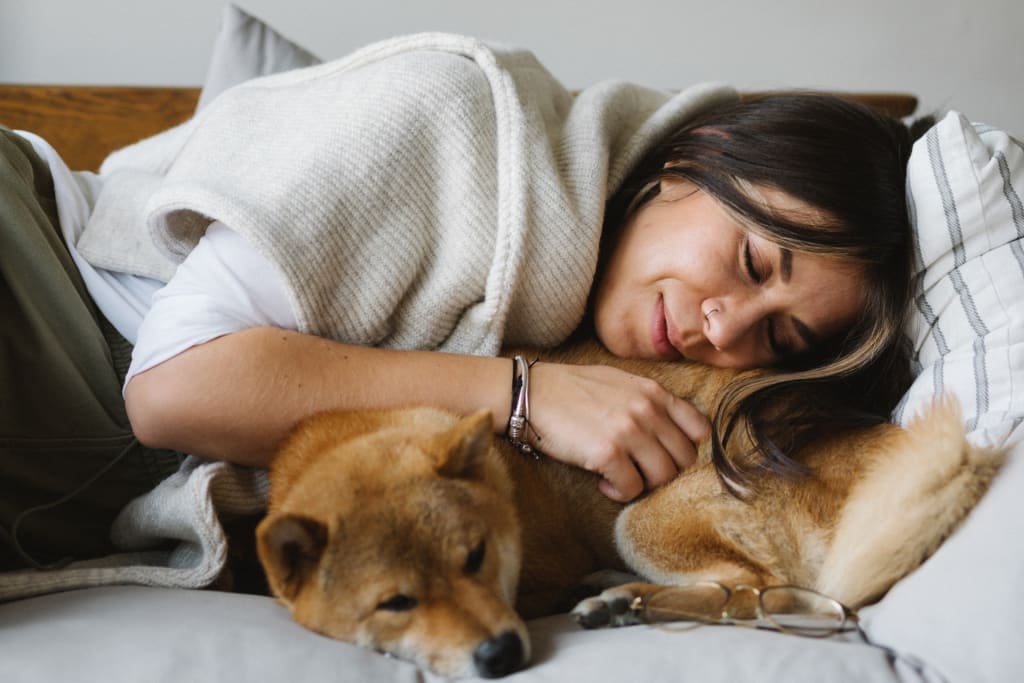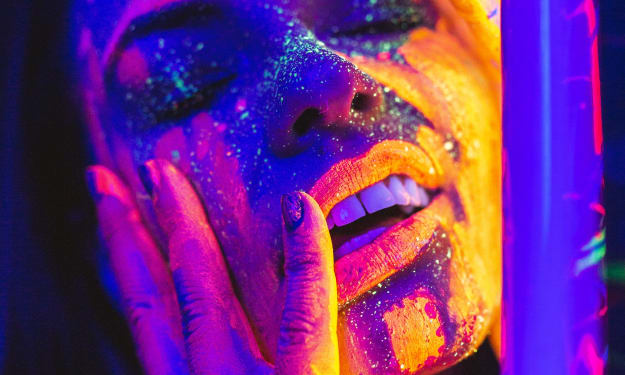Does 8 Hours of Sleep Every Night Really Matter?
Are eight hours of sleep every night really necessary?

When you're unable to sleep, you're in need of assistance. And a thriving industry is ready to inform you of all the ways getting too little sleep is bad for your health and to sell you glitzy devices to finally fall asleep. Dr. Jen Gunter’s extensive research into this topic clarifies this false doomsday messaging by outlining why you shouldn't lose sleep over sleep and what to do in its place.
Sleep is extremely crucial. For us to survive, we require it. And when we can't sleep, we're in need of assistance. Dr. Jen Gunter's segment on "Body Stuff." But lately, it seems as though our fixation with sleep has become more urgent. You can find a ton of articles on how to have the best possible sleep if you conduct a quick internet search for the word "sleep."
Avoid blue light, flashy alarm clocks, and new technology. Many services, goods, and advice columns claim that the way we sleep is incorrect, insufficient, and poor-quality sleep. Even worse, you can come across alarming messaging warning that poor sleep will shorten your life expectancy and cause you to contract a variety of diseases. One of the major concerns people have about sleep is that we don't get enough of it and that anything less than seven hours a night will consign us to poor health, including everything from high blood pressure to Alzheimer's disease.
But this type of transmission has two drawbacks. The fact that it's not entirely accurate is the first issue. Adults should get seven to eight hours of sleep per night on average. Additionally, statements must be clarified for public health communication. Sometimes crucial details are overlooked.
So yes, it is true that chronically inadequate sleep is linked to health issues like depression, diabetes, and cardiovascular disease. However, focusing only on seven to eight hours ignores the fact that different people require different amounts of sleep.
A restful night's sleep can vary in length, depending on the individual. Adults vary in their need for eight, with some thriving on six. The second problem with this kind of doomsday messaging is that it may not be helpful, particularly for those who genuinely have difficulties falling asleep.
For instance, it was predicted that 21% of persons in the US wore sleep tracking devices in 2019. And it's likely that number is increasing. And I understand. Knowing how much sleep you've had each night and how much of it was spent dreaming or in deep sleep is fascinating. But having so much information about sleep is making some individuals fascinated with it, to the point that it's developing a disorder known as orthosomnia: a persistent obsession with the desire to sleep perfectly.
Ironically, this disease is making sleep issues worse. Orthosomnia is an extreme case, but for others of us, the worry over not getting enough sleep keeps us up at night. So, here is what some professionals have to say. Stop obsessing over the number because doing so can result in too optimistic expectations for sleep.
The fundamental questions you should ask yourself, in the opinion of psychologist and director of the Ryerson University Sleep Lab Dr. Colleen Carney, are: Do I feel reasonably well-rested during the day? Do I usually have uninterrupted sleep throughout the night? Do I quickly fall back to sleep if I wake up?
Can I stay awake all day without falling asleep by accident? You probably don't need to worry about your sleep if your responses to all three questions are "yes."
And if you're having trouble sleeping, consult your doctor first to rule out any medical concerns that need to be investigated before spending money on pricey blue light filters or glitzy sleep trackers.
Then, give the American Academy of Sleep Medicine's evidence-based advice a try. The fact that there is a treatment for insomnia known as cognitive behavioral therapy for insomnia, or CBT-I. There are no drugs present. Additionally, its failure rate is very low.
About the Creator
Althea March
I am a writer who searches for facts to create compelling nonfictional accounts about our everyday lives as human beings, and I am an avid writer involved in creating short fictional stories that help to stir the imagination for anyone.






Comments
There are no comments for this story
Be the first to respond and start the conversation.